Out of approximately one billion individuals worldwide with various types of disabilities, 190 million face substantial challenges in carrying out their regular tasks. Nagi (1991) defines disability as "the inability to perform socially defined roles and tasks expected of an individual in a sociocultural and physical environment." Would you say they cannot be of help in terms of development? This is the question that appeals for answers anytime the topic of disability is mentioned.
Disabled people in Ghana experience various forms of discrimination and social exclusion. This occurs despite the fact that there are several anti-discriminatory laws that are meant to protect people living with disabilities.
The barriers and challenges that disabled people encounter in their routine lives are far greater than those encountered by the abled. These obstacles are manifested through access to health services, education, transport, and employment. These barriers are worsened by inadequate policies and standards, stigma, and discrimination against people with disabilities.
There is so much ability still left within a disabled person, such as the energy, the sheer drive, self-motivation, and intellect. Their specific disability might have taught them extreme patience and perseverance. Less severely disabled persons are also very independent and adept problem solvers.
PETER'S STORY
Born in 1991, Peter was diagnosed with scoliosis; a sideways curvature of the spine. Peter has lived with the reality of his condition over the past years with the aspiration of being a source of motivation for differently-abled persons in society.
At age 12, he dropped out of school because he suffered ridicule and discrimination. After years of being confined to a wheelchair, Peter learned to see his potential and taught himself to improvise to accomplish several skills, including making the traditional grater, also called a shredder, and being a cobbler, of which he still needs some training to be able to work effectively in that area for the people of Ateitu, a rural community situated at the far south of Winneba. This has served as a source of livelihood for him.
"Though I have been doing my best to make life a bit more comfortable in every possible way I can, it isn't enough because my wheelchair is in a bad state. But whenever it is time for an election, I am given some amount of money and party clothes to vote for those political parties," he said.
Peter further said the situation compelled him to do other menial jobs like weeding the bushy areas of the compounds of the neighbors just to earn some amount of money because the support from his relatives and other close friends is not enough to lift off burdens and challenges life throws at him.
Peter has demonstrated and confirmed the statement that disability is not inability, availing himself for hard labor and a lot more that the abled would do. Many people with health disability challenges in Ghanaian society and elsewhere would often give up on life and resort to begging, but it is different in Peter's case, and everyone can contribute in his or her own way to community development and the nation as a whole.
As individuals striving for development in the country, we have to understand the relationship between the way people function and how they participate in society. Ensuring that everybody has the same opportunity to participate in everyday aspects of life to the best of their abilities is essential.
There is, therefore, the need to come together as one to help the National Councils Of Persons with Disability to formulate, propose, and evolve policies that would mainstream persons with disabilities in the national development process.
The government, non-governmental organizations, stakeholders, and the general public, through participation, motivation, and encouragement, would help the disabled, especially those that find the ability in their disability to build self-esteem that will push them in doing what they can with the maximum support that they need through counseling, provision of resources, disability-friendly environment among the abled, and many more, making sure their contribution to nation-building and development is done wholeheartedly with joy, for development includes all.
STORY BY: OLIVIA AYIVE OWUSU




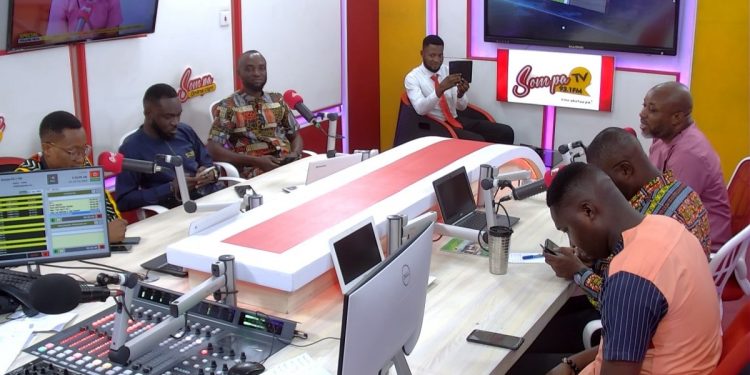
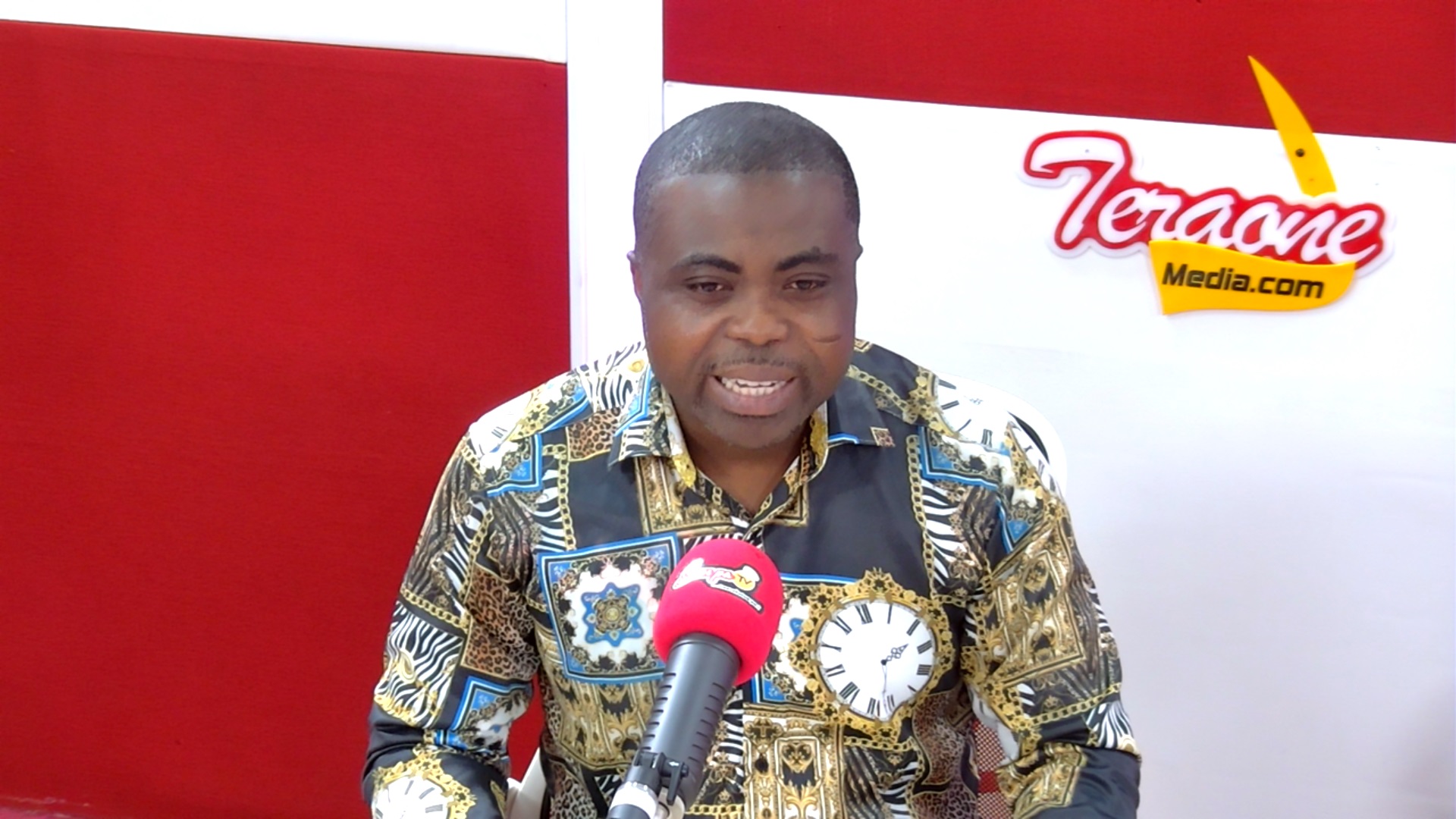
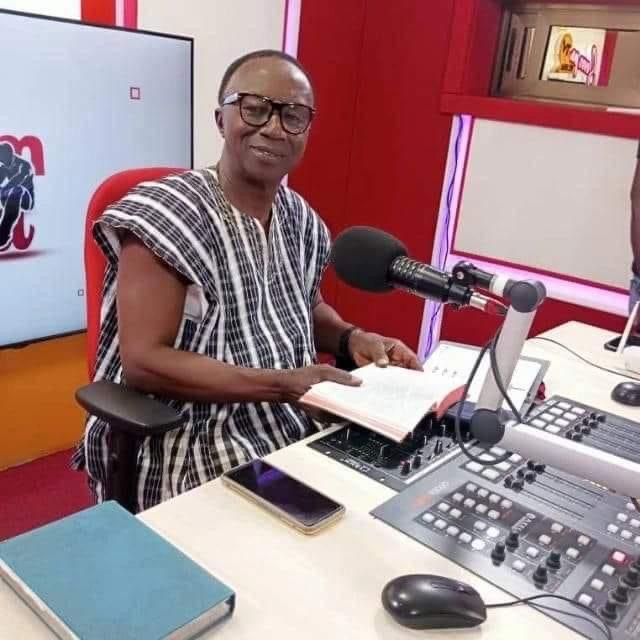
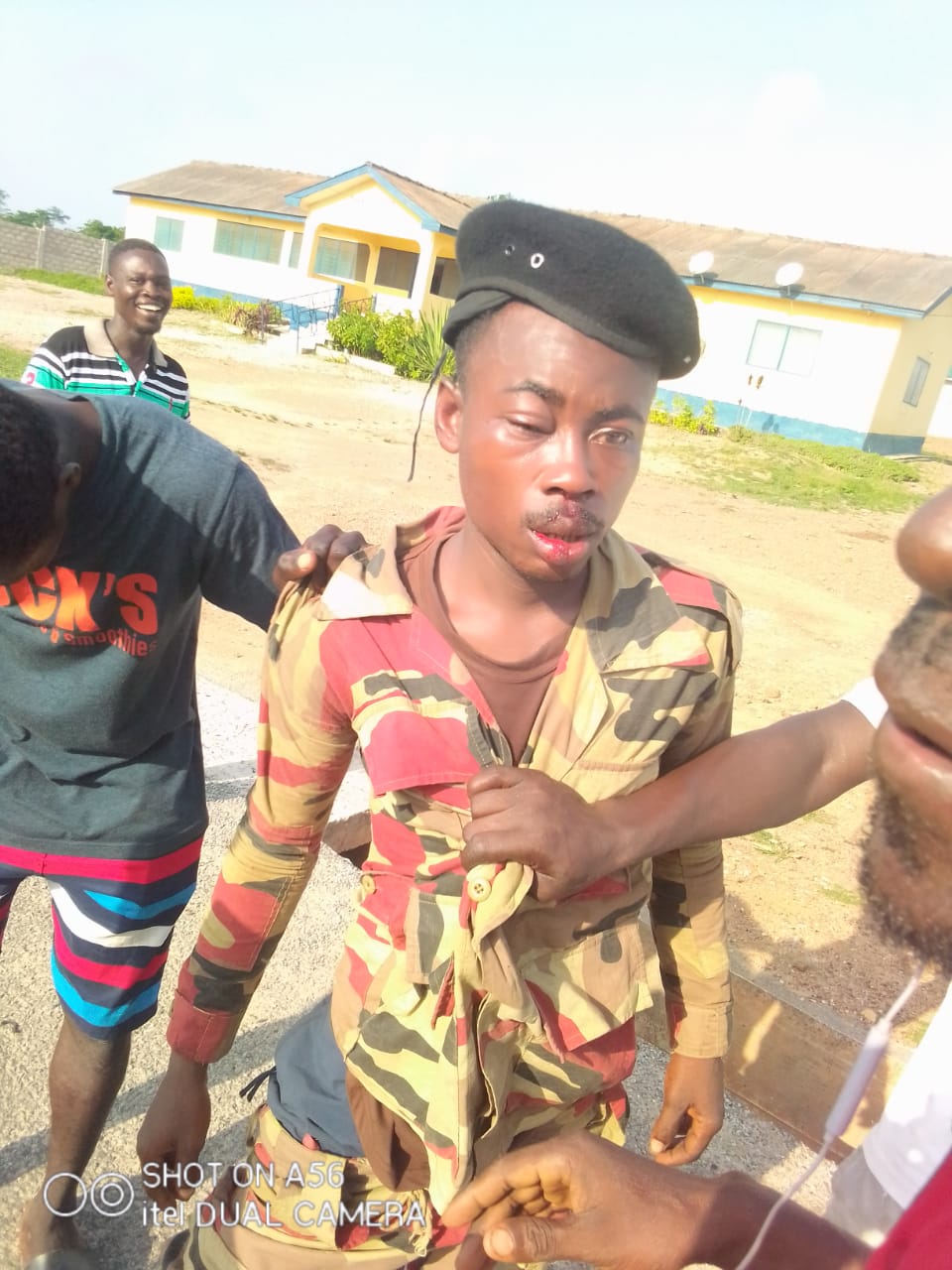


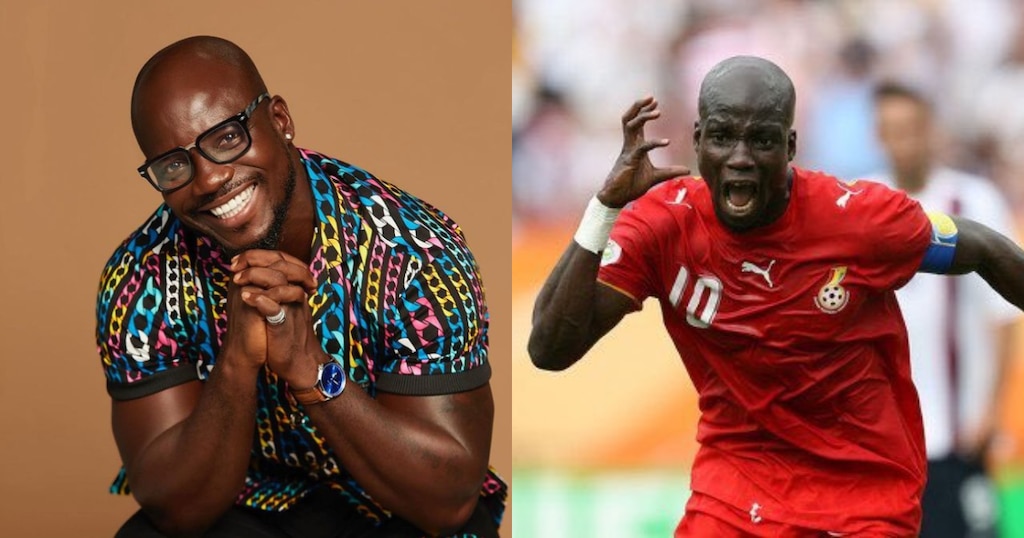
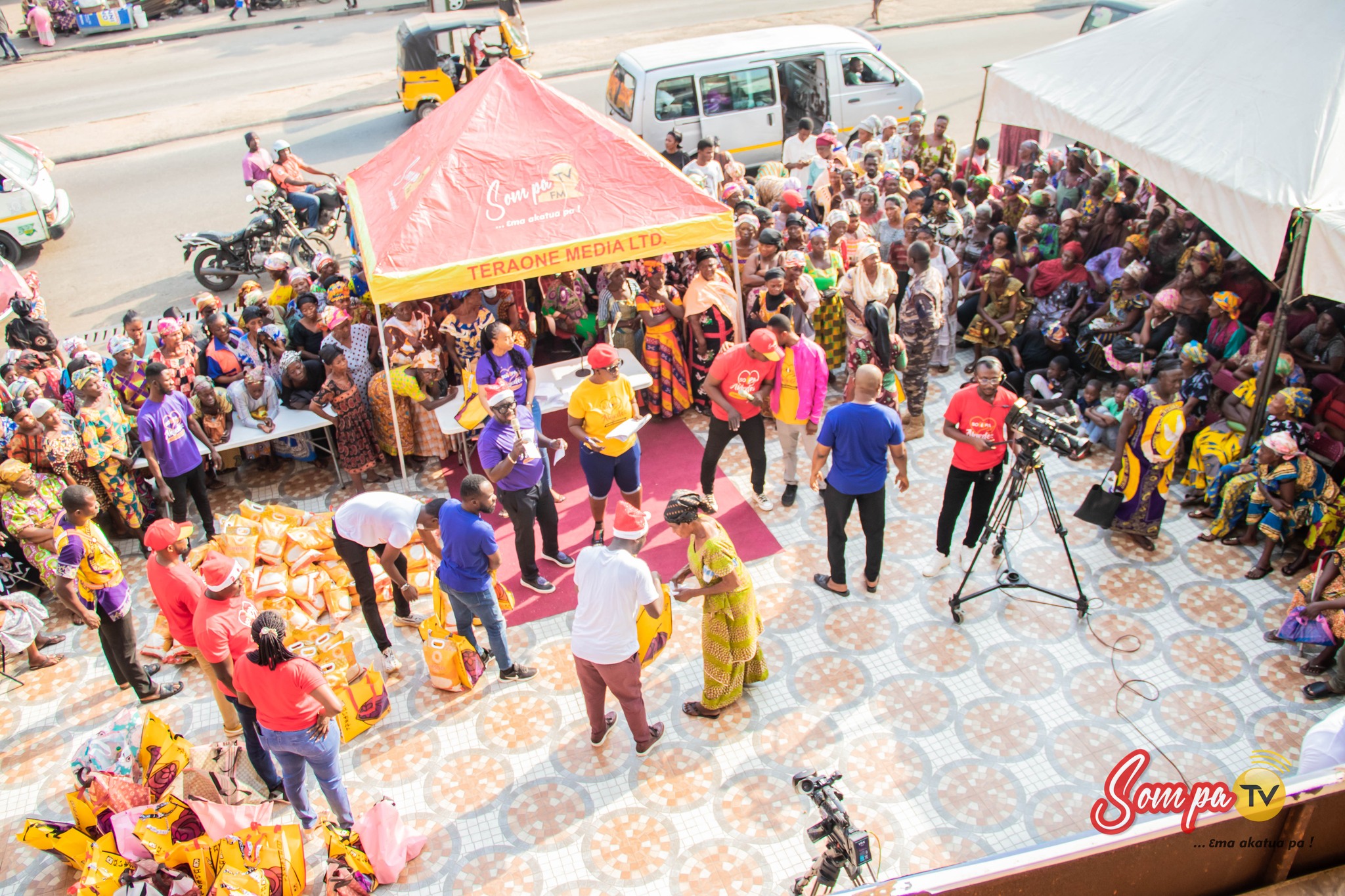
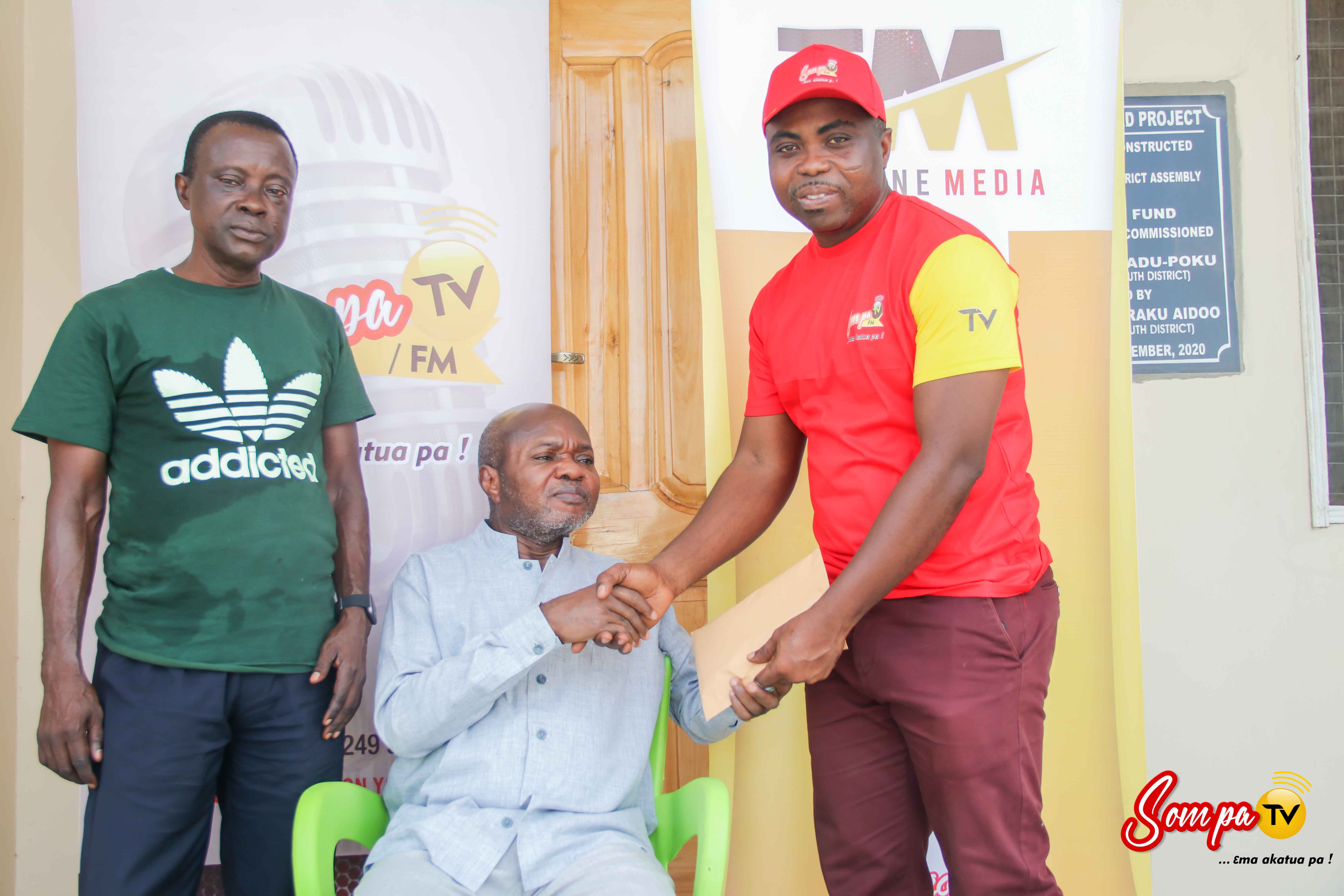
 Sompaonline.com offers its reading audience with a comprehensive online source for up-to-the-minute news about politics, business, entertainment and other issues in Ghana
Sompaonline.com offers its reading audience with a comprehensive online source for up-to-the-minute news about politics, business, entertainment and other issues in Ghana